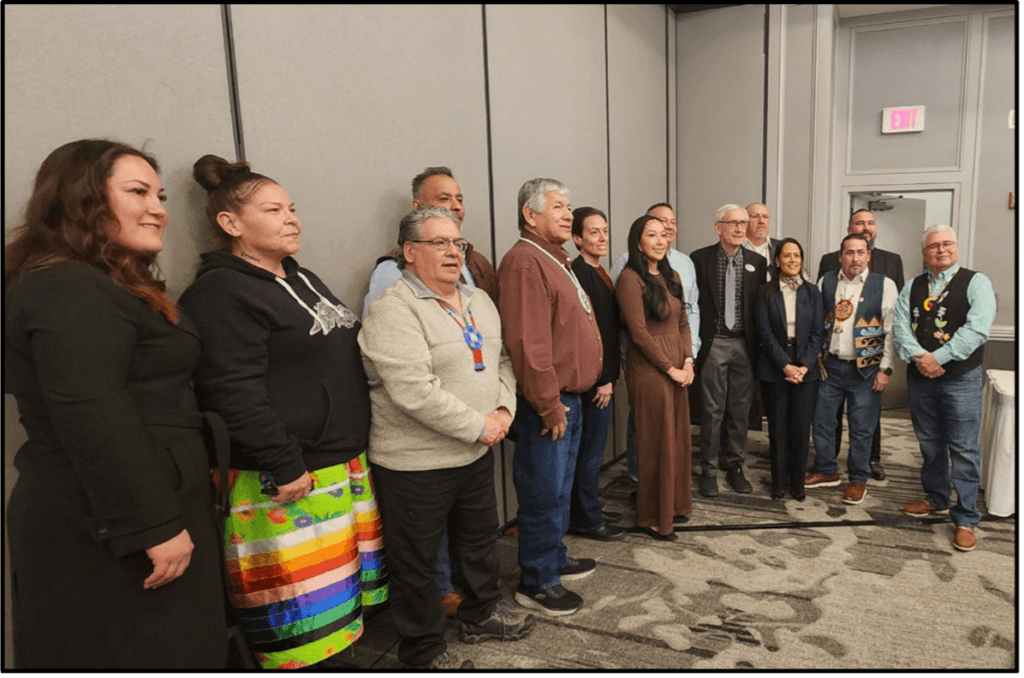Menominee Nation reburies ancestors after museum returns remains and artifacts
On November 18, 2025 the Menominee Nation reburied 67 ancestral remains and nearly 4,000 funerary objects returned by the Milwaukee Public Museum, a step leaders say restores dignity and strengthens cultural ties. The repatriation follows years of consultation and legal compliance and carries implications for community healing, cultural preservation, and ongoing repatriation work.

Menominee Nation representatives completed a repatriation ceremony and a communal feast on November 18 as they received 67 ancestral remains and nearly 4,000 associated funerary objects from the Milwaukee Public Museum. The human remains and artifacts had been excavated from the Riverside Cemetery site in the Sixty Islands area near the Menominee River during the 1960s. After the ceremonies the ancestors were reburied on Menominee land.
The Riverside site, known to the Menominee as Anaem Omot, is tied to deep creation stories and long standing spiritual practices. Tribal advocates and historians documented the site for many years, and it was listed on the National Register of Historic Places in 2023. Museum officials said the transfer followed extensive consultation with tribal nations and compliance with federal repatriation law, and that museum staff will continue efforts to return other remains curated in their collections.
For Menominee County residents the return is both a cultural milestone and a public health moment. Tribal historic preservation staff and Menominee leaders emphasized the cultural and spiritual importance of bringing ancestors home, describing reburial as a form of collective healing and a way to protect sacred places from further disturbance. Community ceremonies and shared meals are traditional practices that reinforce social bonds and support emotional wellbeing after long periods of loss and dislocation.
Public health implications extend beyond ceremonial meaning. Restoring ancestral remains to tribal care can help address intergenerational trauma that has links to mental health disparities in Indigenous communities. Community leaders say culturally grounded healing, supported by adequate resources, is essential to reducing stress, strengthening resilience, and improving trust between tribal members and outside institutions. Local health providers and tribal social services may see increased engagement when cultural protocols are honored, and the event highlights the need for sustained funding for tribal preservation offices, culturally competent mental health care, and partnerships that center Indigenous priorities.
The repatriation also raises broader questions about museum stewardship, institutional accountability, and policy implementation. The Milwaukee Public Museum attributed the transfer to compliance with federal law and years of consultation. Menominee advocates and allied organizations have long pushed for more timely coordination and transparency in repatriation work, and the Menominee return underscores the ongoing pace of repatriation across the country.
As Menominee Nation members lay their ancestors to rest, the event reaffirms local efforts to protect Anaem Omot and other sacred areas. For residents of Menominee County the reburial is a reminder that cultural preservation, public health, and social justice are intertwined, and that returning ancestral remains is one step toward healing historical harms while reinforcing community sovereignty and care.
